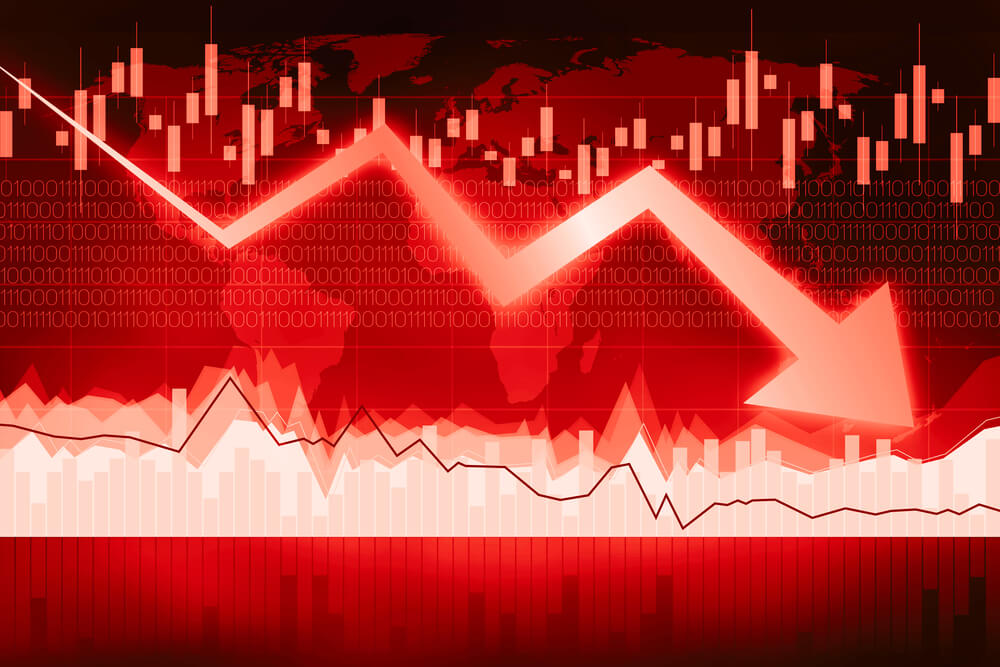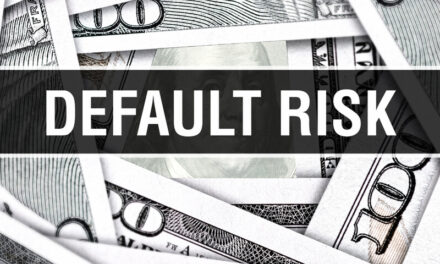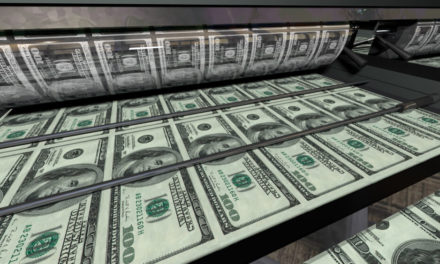Markets largely recovered from a significant drop Monday following more confirmed cases of the deadly coronavirus, but former chair of Morgan Stanley Asia Stephen Roach thinks the outbreak could spark a global recession.
“Big shocks for weak economies that don’t have cushions to withstand them could lead to unexpected recessions,” Roach said in an interview with CNBC’s “Trading Nation.”
Roach is now a senior fellow at Yale University, but he was in China when the deadly SARs epidemic back in 2003. He thinks the fallout of the coronavirus may be worse than the SARs outbreak because of weak economic and global growth.
“It’s a frightening outbreak, especially when it spreads this rapidly,” Roach said.
There are now over 6,000 confirmed cases of the coronavirus across the globe. The disease has killed over 100 in China, where it originated in the city of Wuhan less than a month ago. The SARs epidemic infected over 8,000 people and had 774 confirmed deaths.
Roach does believe that if efforts to contain the virus quickly are successful, the impact on the global economy may not be as severe.
“Hopefully, as was the case during the SARs-related disruption of 2003, this will be a temporary disruption to the China and world economy, followed by a post-virus rebound in the second half of 2020,” Roach wrote in a note for CNBC. “But with China and the world on a far weaker growth trajectory, this could be wishful thinking.”
The Trump administration said that health officials in the U.S. are now fast-tracking a vaccine for the coronavirus, which will hopefully be in a trial stage within three months. But Dr. Anthony Fauci, director of the National Institute of Allergy and Infectious Diseases, said Tuesday it could still take a year to see a vaccine that is available to the public.
“It will take three months to get it into the trial, three months to get safety, immunogenicity data,” Fauci said during a press conference covering the vaccine. “Then you move into Phase 2. What we do from that point on will be determined by what has happened with the outbreak over those months.”
Roach advises investors shouldn’t ignore the event, though, even if containing it quickly is successful because weak growth means events like the coronavirus may have a stronger effect on a fragile economy.
“You can’t just dismiss this as a nonevent in the context of what appears to be ongoing growth around the world,” added Roach. “Growth is weak and lacking in resilience it might otherwise have.”
Markets around the world were rocked Monday after more deaths from the the coronavirus had been confirmed. The Dow Jones industrial Average lost more than 450 points. But those losses were largely erased Tuesday and Wednesday with the Dow climbing 187 points and the S&P 500 and Nasdaq rising over 1%.
Indexes were once again in the green on Wednesday as well.




